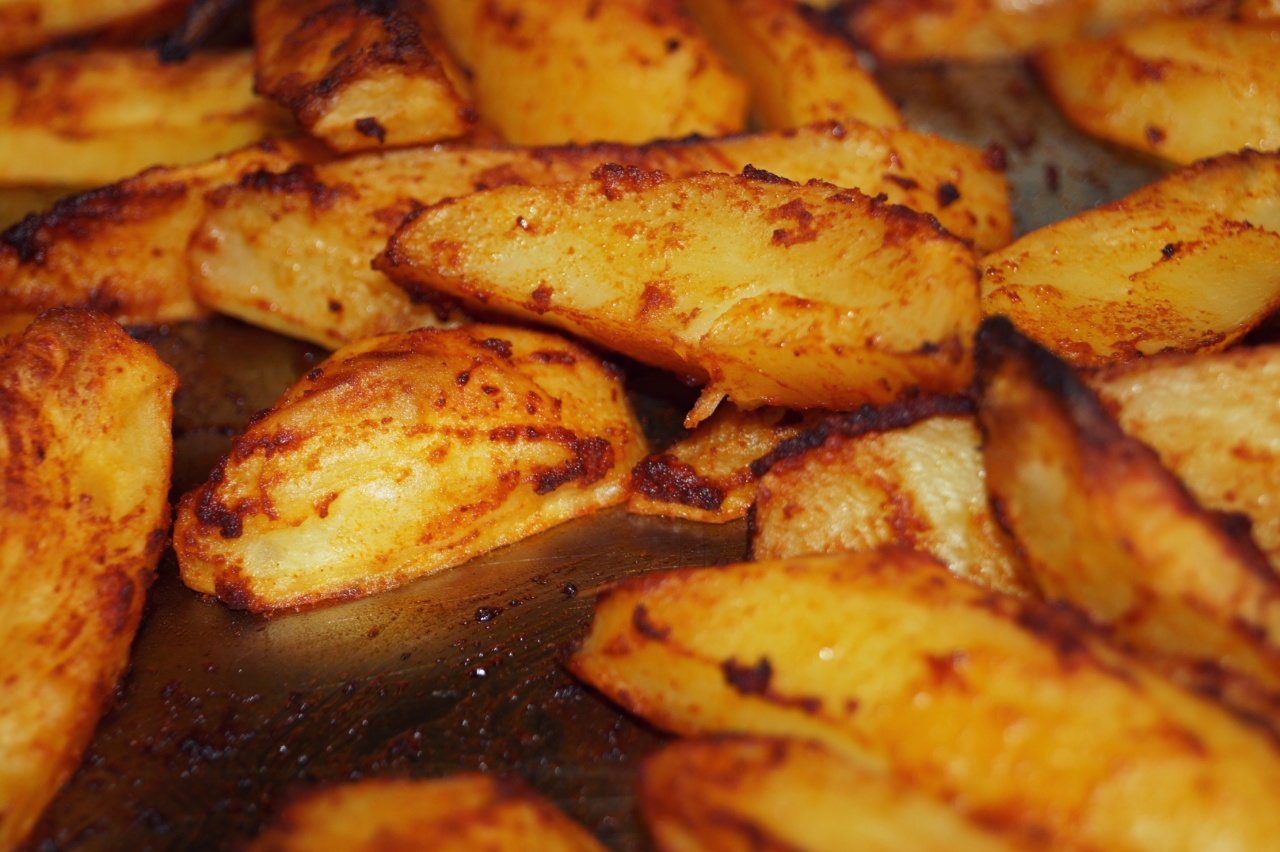Heart disease is one of the leading causes of death and illness in the world. One major contributing factor is clogged arteries, which can lead to heart attacks and strokes.
There are various reasons why greasy meals can contribute to clogging of arteries.
Saturated Fats and Cholesterol
Saturated fats and cholesterol, which are present in many greasy foods, can contribute to clogged arteries. These substances are known to increase levels of LDL cholesterol in the blood, which can build up in the walls of arteries and form plaques.
Over time, these plaques can narrow the arteries and reduce blood flow, increasing the risk of heart attacks and other cardiovascular events.
Inflammation
Eating greasy foods can also trigger inflammation in the body, which can worsen clogged arteries. Inflammation is the body’s natural response to injury or infection, but it can also be triggered by certain foods.
Some research suggests that inflammation can lead to the formation of plaque in the arteries, which can make clogging more likely.
High Sodium Content
Many greasy meals are also high in sodium, which can contribute to clogged arteries. Too much sodium in the diet can lead to high blood pressure, which is a major risk factor for heart disease.
When blood pressure is high, the walls of arteries can become damaged and clogged with plaque more easily.
Lack of Nutrients
Greasy meals tend to be high in calories and unhealthy fats, which can lead to weight gain and other health problems. However, they are often low in important nutrients like vitamins, minerals, and fiber.
This lack of nutrients can contribute to inflammation and oxidative stress, both of which can contribute to clogged arteries.
Genetics
Some people may be more prone to clogged arteries due to genetics. Certain gene mutations can affect how the body processes cholesterol and other fats, making it more likely that these substances will build up in the arteries.
While diet and lifestyle factors are important for everyone, some people may need to be especially careful about their cholesterol intake to reduce their risk of heart disease.
Diabetes
People with diabetes are at a higher risk of clogged arteries than those without the condition. This is because high blood sugar levels can damage the walls of arteries and make them more susceptible to plaque buildup.
Additionally, people with diabetes often have other risk factors for heart disease, such as high blood pressure and high cholesterol.
Aging
As people age, their risk of clogged arteries increases. This is partly due to the fact that arteries naturally become stiffer and less elastic over time, making it easier for plaque to accumulate.
Additionally, older people may have accumulated more damage to their arteries over time, making them more prone to clogging.
Lifestyle Factors
Finally, there are a number of lifestyle factors that can contribute to clogged arteries. These include smoking, lack of exercise, and stress.
These factors can all increase inflammation and contribute to the damage of arterial walls, making it more likely that plaque will build up over time.
Conclusion
Clogged arteries are a serious health concern, and greasy meals can contribute to the buildup of plaque in the arterial walls.
By eating a healthy diet, exercising regularly, and avoiding smoking and other unhealthy habits, it is possible to reduce the risk of clogged arteries and improve overall heart health.


























